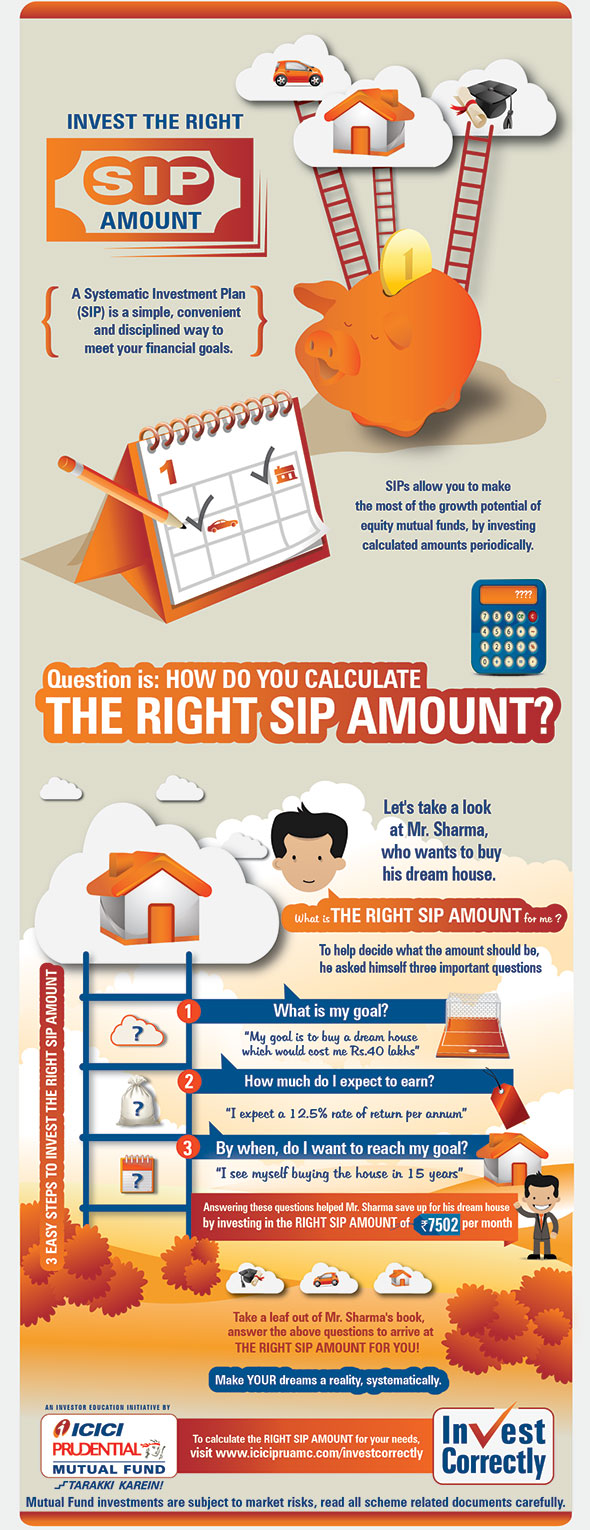Discover The Unexpected Expenditures And Consequences Of Disregarding An Efficiency Bond, And Recognize Why It's Essential To Avoid This Costly Blunder
Discover The Unexpected Expenditures And Consequences Of Disregarding An Efficiency Bond, And Recognize Why It's Essential To Avoid This Costly Blunder
Blog Article
Staff Author-
When a surety issues an efficiency bond, it assures that the principal (the celebration that purchases the bond) will certainly satisfy their responsibilities under the bond's terms. If the major falls short to satisfy these commitments and defaults on the bond, the guaranty is in charge of covering any losses or problems that result.
1. navigate to this web-site of track record: Defaulting on an efficiency bond can harm the principal's track record and credibility, making it tougher to protect future company or funding.
2. Legal and management costs: The surety may need to pay lawful and administrative prices associated with going after the principal for problems or attempting to remedy the scenario.
3. Monetary losses: The guaranty might need to cover the price of finishing the project or offering the services that the principal failed to deliver. This can cause significant financial losses for the guaranty.
4. Boosted premiums: If the principal has a background of back-pedaling efficiency bonds, they might be needed to pay greater premiums in the future to get the needed bonding.
Overall, defaulting on an efficiency bond can have major monetary effects for both the principal and the surety. It is very important for principals to carefully consider their obligations and guarantee they are able to fulfill the regards to the bond to stay clear of these unfavorable results.
Back-pedaling a performance bond can be an expensive mistake for companies. When you stop working to fulfill the bond's obligations, the financial repercussions can be considerable. From paying the complete bond amount to potential lawful battles and harmed relationships, the repercussions can resound throughout your organization operations. Understanding the intricate internet of financial impacts that back-pedaling an efficiency bond can have is critical for safeguarding your firm's economic health and wellness and track record.
Financial Penalties for Defaulting
If you back-pedal an efficiency bond, you'll likely encounter substantial punitive damages. These fines can vary relying on the regards to the bond agreement but frequently entail paying the bond quantity in full to the obligee. This implies that if you stop working to fulfill your legal responsibilities, you should pay the bond amount to the job proprietor or the entity that needed the bond.
Furthermore, you may also be in charge of any type of additional prices incurred by the obligee as a result of your default, such as discovering a replacement specialist or covering task delays.
Defaulting on an efficiency bond can additionally lead to legal fees and court prices if the obligee makes a decision to take legal action against you to recover the bond amount. These expenses can promptly add up, further intensifying the monetary influence of your default. It's vital to meticulously evaluate and understand the regards to the efficiency bond to stay clear of these severe financial penalties.
Effect On Service Capital
Defaulting on an efficiency bond can dramatically affect your company capital, affecting monetary security and operational capabilities. When you back-pedal an efficiency bond, you risk losing the bond amount, which can be a significant sum. This loss directly impacts your capital, as you'll need to find alternate resources of funding to cover the bond amount. Additionally, skipping can bring about raised see here from sureties, making it more difficult and extra pricey to protect bonds in the future. This can additionally stress your cash flow as you might need to assign additional resources to fulfill bonding requirements.
The effect on your capital doesn't quit there. Back-pedaling a performance bond can additionally lead to job hold-ups or terminations, bring about a loss of profits. Furthermore, the adverse reputation that includes failing can deter prospective customers, further lowering your cash flow. Overall, defaulting on an efficiency bond can have detrimental effects on your organization's monetary health and wellness and capacity to run smoothly.
Lawful Ramifications and Suits
Dealing with legal implications and possible claims due to defaulting on a performance bond can dramatically affect your business's track record and financial standing. When you default on a performance bond, the guaranty business might take lawsuit to recoup the bond amount paid out. This might lead to expensive legal charges, court expenses, and potential settlements or judgments against your service.
In addition, defaulting on an efficiency bond may lead to damaged connections with clients, subcontractors, and suppliers, affecting your capability to safeguard future agreements. Legal actions occurring from bond defaults can stain your business's reputation in the market, making it challenging to attract brand-new companions or clients.
Furthermore, if the default causes a court judgment versus your service, it can cause property seizure or liens, additionally stressing your monetary stability. As a result, it's vital to recognize the legal ramifications of back-pedaling an efficiency bond and take proactive steps to alleviate the threats included.
Final thought
As you face the repercussions of defaulting on an efficiency bond, remember this: it resembles strolling a tightrope without a safety net. One wrong step can send you plunging into an economic freefall, with no way to quit the autumn.
The financial penalties, capital effect, and lawful ramifications are all waiting to capture you if you mistake. So step carefully, and always recognize your dedications to stay clear of the rough repercussions of default.
